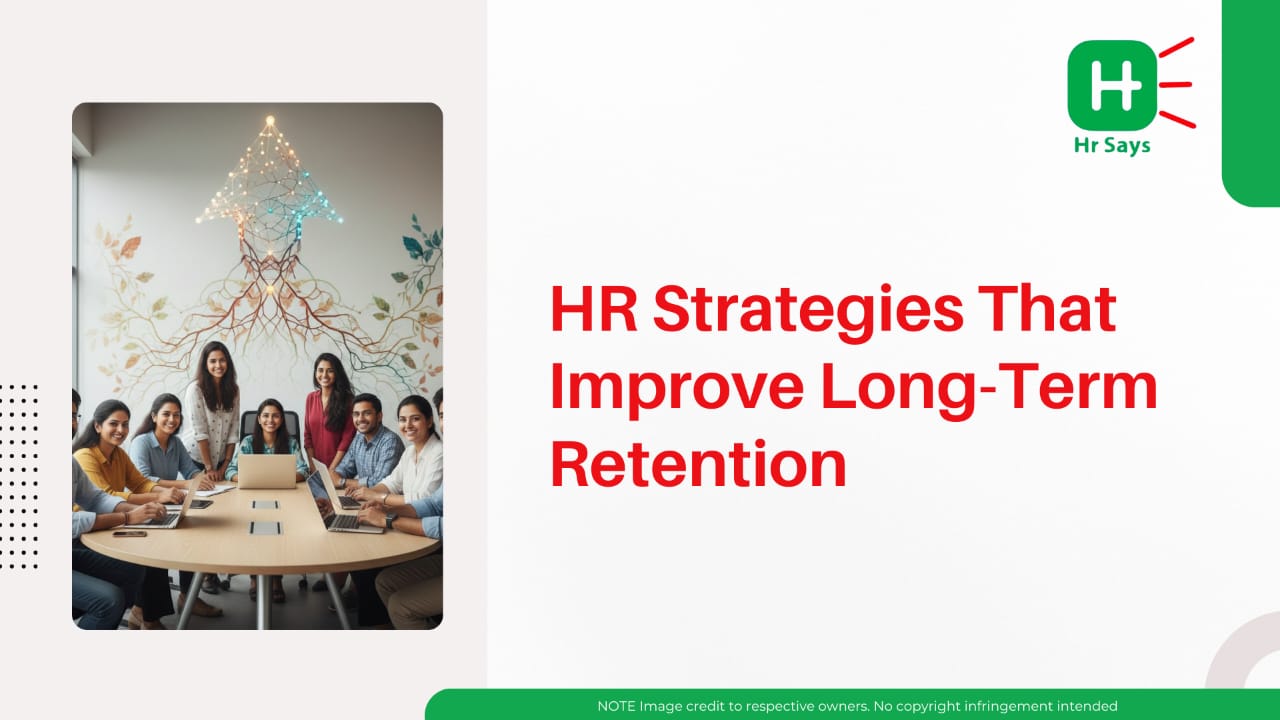Why are women distinguished as far as handling individuals in workplaces is concerned? Leadership does not mean just to make the numbers fly, but to comprehend, balance, and care about the team. Women leaders in the field of people management usually come with their own distinct set of qualifications that are easy to remember.
The Natural Edge in People-Centered Leadership
Women leaders have been seen as mastering empathetic leadership. They have a trusting effect on teams because of their popularity and the ability to listen actively and identify personal strengths. This creates a working environment in which individuals feel acknowledged and appreciated. People management is not just about assigning responsibilities but also getting teams motivated, interested, and geared towards organizational goals. This balance is usually smooth with women leaders.
Emotional Intelligence as a Leadership Tool
The strength of emotional intelligence often sets women apart in management roles. By being more attuned to non-verbal cues and workplace dynamics, they address conflicts early and create healthier communication channels. In today’s HR-driven environment, emotional intelligence is no longer optional; it is essential.
● Better conflict resolution
● Stronger team bonding
● Improved employee engagement
These skills make people management more effective and long-lasting.
Building Inclusive Work Cultures
Why are inclusive workplaces often led by women leaders? Their people-first approach tends to highlight fairness, collaboration, and inclusivity. This creates environments where diverse voices are heard and respected. Inclusivity, when practiced consistently, improves not only employee satisfaction but also overall organizational performance.
Adaptability in a Changing Workplace
Workplaces are constantly evolving, and adaptability has become a critical leadership trait. Women leaders often showcase resilience when managing transitions, whether it is remote work shifts, digital adoption, or changing HR policies. People management requires steady handling of uncertainty, and women leaders bring that steadiness to their roles.
Mentorship and Nurturing Talent
Many organizations highlight how women in leadership actively mentor others. By guiding and nurturing talent, they ensure growth is not limited to a few but distributed across teams. This people management style strengthens retention and creates a pipeline of future leaders.
● Encouragement of professional growth
● Building confidence among team members
● Promoting learning and development initiatives
Balancing Results with Relationships
While numbers and targets matter, people management thrives on relationships. Women leaders are often skilled at balancing both. They ensure teams meet business goals without overlooking individual well-being. This balance is one reason why women excel in HR, team management, and leadership positions.
Conclusion
People management is not just about systems or structures. It is about people themselves. Women leaders, through empathy, inclusivity, and adaptability, bring a depth to management that strengthens organizations from within. Their role in shaping healthier, more resilient teams remains vital for today’s workplaces.

 Women leaders excel in people management roles due to their strengths in empathy, emotional intelligence, inclusivity, and adaptability. Their approach fosters trust, engagement, and long-term team success, making them highly effective in today’s workplace environments.
Women leaders excel in people management roles due to their strengths in empathy, emotional intelligence, inclusivity, and adaptability. Their approach fosters trust, engagement, and long-term team success, making them highly effective in today’s workplace environments.








.jpeg)
.jpeg)

.jpeg)
.jpeg)



.jpeg)

.jpeg)


.jpeg)

.jpeg)


.jpeg)
.jpeg)